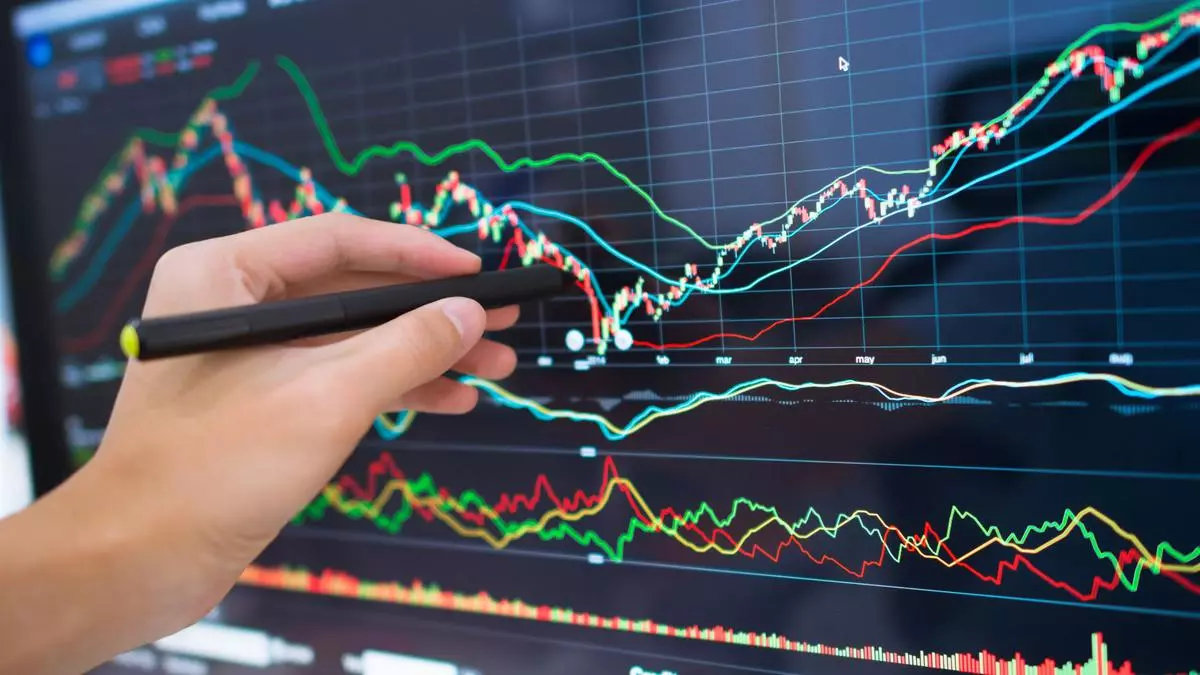Market volatility, a term used for rapid and unpredictable price fluctuations in the financial market, such as forex market and stock market is a very natural part of investing, but do you know the factors involved in it? There are various factors, including economic data releases, geopolitical events, and so much more. We will understand more about the volatile nature when it comes to analyzing our investment portfolio.

Embracing the Inevitability
Volatility is inevitable, and we should also remember that it won’t always be negative. Sometimes, it could lead to short-term losses, but it also provides some amazing forex trading opportunities. During such a volatile period, the prices of assets swing significantly, which allows savvy investors to buy low and sell high. So, staying calm and accepting this reality is the best way to handle such crucial stages of investment for long-term success.
Diversification as a Shield
Even if you are new to investment, you must know that the strategy of spreading assets is the best one as it creates a shield against market volatility and other influences. Remember, if one of your assets underperforms, there is a high chance that others might shine and balance out the overall portfolio. You can take help from BSE live charts, company’s financial statement and others and then diversify your portfolio. This is the power of having a diversified portfolio; with diversified investments, you can mitigate the risks, ensuring the impact of market swings on the entire portfolio is minimized.
Long-Term Perspective
If you are planning to invest from a long-term perspective, then be aware that you will surely see this short market fluctuation smoothed out over the long run; history has shown that any periodic downturns a market faces, it gets recovered and grows over time. Patience with a focus on the bigger picture is all you need to withstand this turbulence.
Risk Management and Stop-Loss Orders
Risk management is important in market volatility. You can save your investments from significant downturns by setting stop-loss orders and predetermined points at which assets are sold to limit losses. And by defining acceptable losses in advance, you can also prevent emotional decision-making during turbulent periods.
Staying Informed and Adaptable
When you’re in a volatile market, staying informed becomes a priority. Factors that would directly influence market sentiments are – economic indicators, geopolitical events, and company news, so stay updated on all these terms and technologies and then adapt your strategies accordingly. So after setting up your demat account, consider taking help from various resources.Being flexible and proactive is the only way around for investors in such situations.
Seeking Professional Advice
Many investors find the process of market volatility daunting, and rightly so, as it can be a little challenging in the beginning. With time and constant learning, you will understand the navigation, but if you still feel unsure about your decision, consider consulting a certified professional and get help and then make all of your F & O strategies or plan investment according to a specific financial instrument. With this, you will understand things better and also understand your goals and risk tolerance.